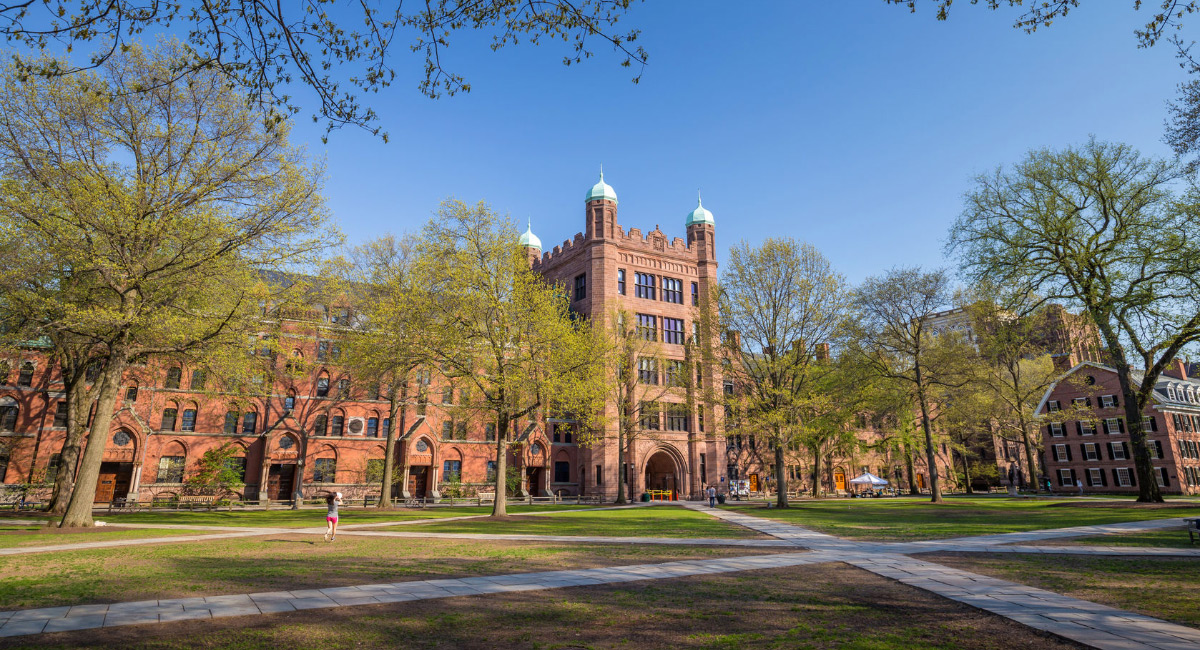About two-thirds of the way through (page 373 specifically) his magisterial assessment of contemporary life and its foundations, The Conservative Sensibility, George Will drops a great bon mot deserving special note: “intellectual gerrymandering.” Will speaks about the highly successful efforts of various groups to significantly alter academic curricula and campus life by creating allegedly new fields of study, part of infusing identity politics into the academy. It is the belief that people should be identified and rewarded not by their individual traits such as their academic performance, intelligence, honesty, diligence, virtue, etc., but rather by some group to which they are assumed to be part of: a race, a gender, an ethnicity, etc.
The Great Seal of the United States features the motto “E Pluribus Unum”—out of many, one. Our nation is a melting pot of immigrants from throughout the world who assimilated and became members of one glorious tribe—the Americans. Contrast that to college campuses. The motto there perhaps should be E Unum Pluribus—Out of One, Many. Within university communities, identity consciousnesses often reigns, and people are identified by their race, their gender, their sexual orientation, and so forth. Most large campuses have women’s or gender studies programs, centers for LGBTQ issues, black studies majors, etc. Colleges even sometimes have separate graduation ceremonies for African-Americans and Hispanics, space reserved exclusively for nonheterosexual individuals, and so forth. In his great new book The Assault on American Excellence, former Yale Law School dean Anthony Kronman points out Yale has over 60 full-time staff playing some “pro-diversity role”—about one for every 200 students.
Much of this is unfortunate in my judgment. People are increasingly identified by things mostly beyond their control, such as their skin color. Merit and individual accomplishment are downplayed, group identity emphasized. This is precisely the opposite of the “E Pluribus Unum” policies that have made America large, rich, and great partly because of generally high tolerance of physical differences between persons. How should things change? Perhaps schools should have Principles of Free Expression and Tolerance declaring that “we accept and welcome persons into our learning community regardless of race, gender, sexual or political orientation, or religious views. The prime qualities for admission to our community are potential for academic excellence as measured by the absorption, dissemination and creation of knowledge and creative endeavors, combined with honesty, integrity, a strong work ethic, capacity for leadership, and tolerance of others.” We are not into classifying people by biological group characteristics, but care a lot about academic excellence and personal integrity.
My experience generally has been that a lot of rent-seeking goes into ostensibly highly principled attempts to make the school more “inclusive” by creating new special interest centers focusing on group characteristics. Often people promoting new centers end up working there, maintaining the joys of college life while getting nicely paid with job security. My bigger problem is that these centers are too often not genuine places of intellectual inquiry, but rather ideologically based advocacy groups doing little to expand the frontiers of knowledge.
That said, there are legitimate academic interests in studying specific cohorts of the population. I teach American and European economic history—region-specific topics—and think the study of Asian, African or Latin American economic history is also appropriate, as is the study of English, Chinese or Nigerian literature, or even the broader study of Western civilization. We can study people of differing groupings—even “History of the Jews,” or “the origins of Islam.” We can study differences in peoples and maybe even gain insights from them.
But the new forms of intellectual gerrymandering seem far more ideologically based, not a dispassionate evaluation of a core body of knowledge but an exultation of peoples based on group characteristics. Universities spend too much effort trying to be sure decision making is “inclusive”—defined as representing different group characteristics—rather than getting the best and brightest persons to do jobs independent of skin color, religion, ethnicity, sexual preference, etc. The downplaying of an appreciation of individual human accomplishment is lamentable.












